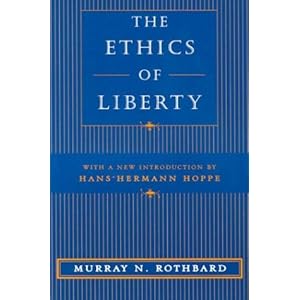What is "Stateless Governance"?
What is Stateless Governance? Before we can answer that we need to ask "What is Civilization?"
At it's kernel Civilization is formed by the voluntary, mutually beneficial, economic transactions. With only two people on an island, one person may fish, while the other brings water to the camp. Each person values the two goods differently, having no water the fisherman exchanges some of his fish for the water the other man was only too eager to exchange for some food he had none of. Thus, value has been created and exchanged to the mutual benefit of both. Each man's subjective value of the goods differs and both perceive a benefit to themselves, and truly both men are better off with this specialization of labor. This system requires the trust that may of necessity develop on a desert island, but what of a society of hundred or thousands of people? This brings us to our next question.
What is Governance?
At this point we have to ask could the economy/"civilization" established on our little island with two people be maintained with the arrival of a shipwrecked cruise liner with hundreds on board? No, not without government. A system of government allows the free-market to stay free. The rule of law, enables participants in the market economy on this island to trust that their rights will be respected, and justice served should someone use force or fraud on another. So government reduces the costs of doing business, greases the wheels of the engine of the economy, by providing justice. This is a service that most people want and are more than happy to pay for. Government is too broad a term to really understand the dozens of different services that are offered to our island marketplace. It could consist of an arbiter of disputes, security, purveyors of law, and insurance services. It is not so difficult to imagine a society in which all of these things were provided to the marketplace on a free and voluntary basis. I would contend that this was the de facto situation for much of human history. Although our labels and classifications are seemingly absurd in this island senario or if applied to tribal societies the same dynamics function as they would in a modern day context.
What is the State?
The notion that government is merly a collection of services that can be bought and sold on the open marketplace may seem absurd but only because to the modern man his life is so completely dominated by the State. The State at its essence is a gang of bandits writ large. They are nothing more than aggressive thugs who have monopolized the legitimate services of government previously provided on the open market.
Too often the term Government is used when referring to the State. Of course the State has taken great effort to monopolize that term and function in society. I feel it's important to rehabilitate and outline the principles of good governance. Free-market anarchism or Anarcho-Capitalism, as i understand it, isn't so much about having no rules or no government but no Rulers. The rule of law, not men is a worthy goal and one that any variety of Statism is incapable of providing. As Murray Rothbard so convincingly observed in his influential, "The Ethics of Liberty", the State is nothing more nor less than a bandit gang writ large.
Later i will outline here my interpretation of Rothbard's free market anarchism and summation of my concept of Stateless Governance. For now, i can think of no better source for more information than the book that fundamentally shifted my political perspectives.
Subscribe to:
Comments (Atom)

